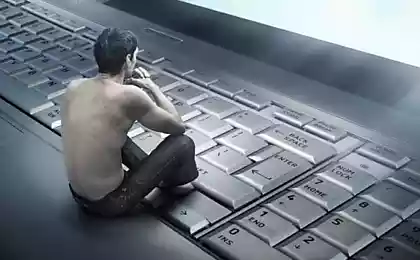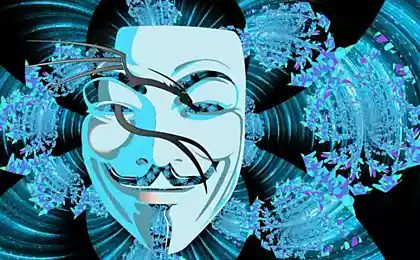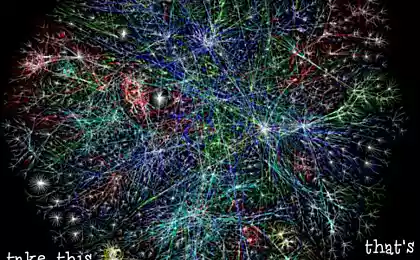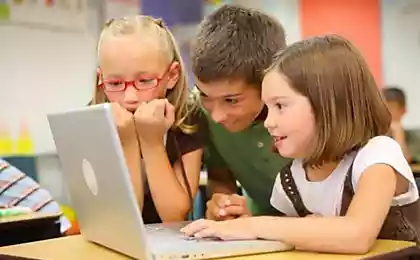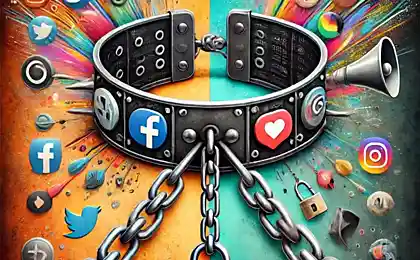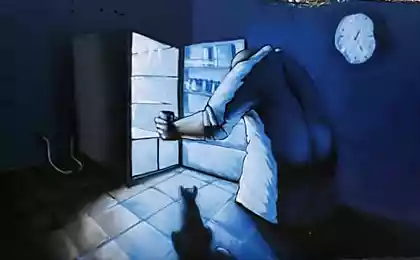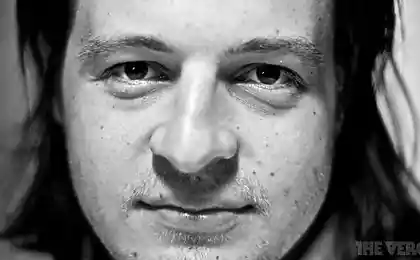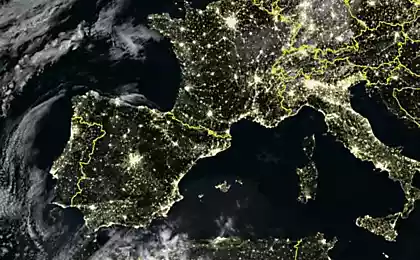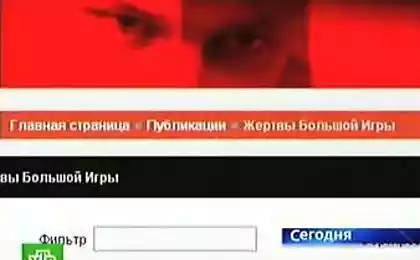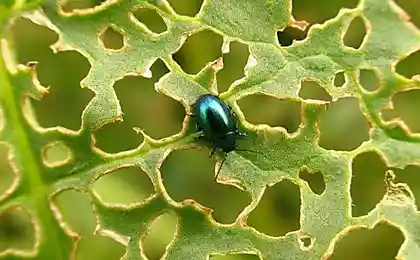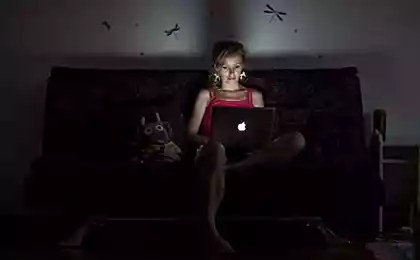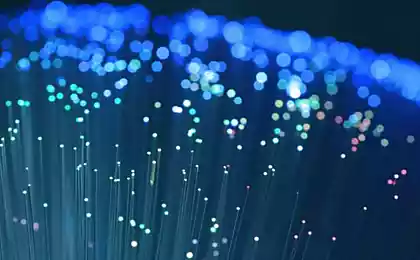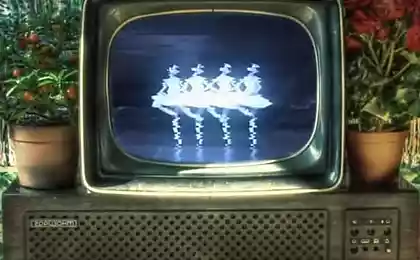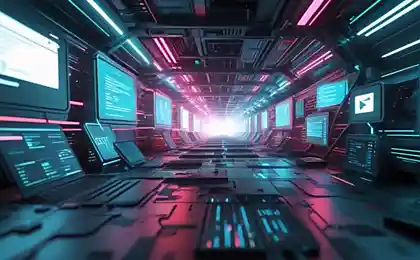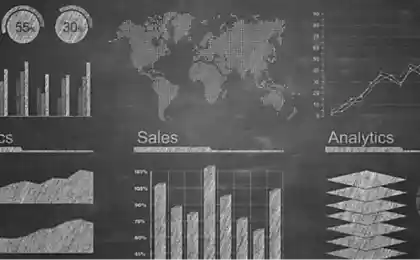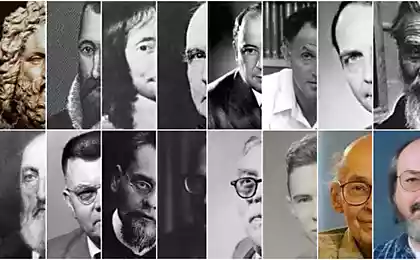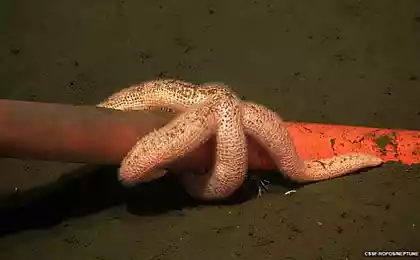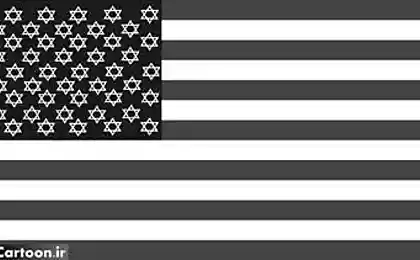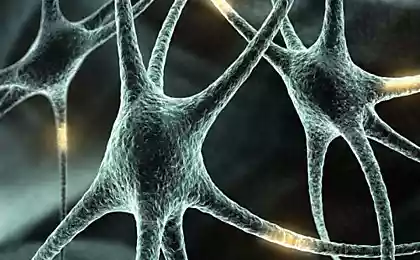851
Human rights activists and online community protested against child pornography on the Net

On Thursday in Moscow, he held a round table "The Runet against child popnografii." The organizers of the round table were the human rights movement "Resistance" and the Regional Public Center of Internet Technologies (ROCIT).
The organizers of the Round Table set out to draw attention to the problem of the professional community, to develop social principles and mechanisms for combating child popnografii online.
During the round table adopted a draft Charter "Runet against child popnografii." The initiators of the Charter believe that on this basis it will be possible to create an effective coalition of public and governmental organizations, industry leaders and professional online community for legislative initiatives and actions that have defended the moral health of the nation and the purity of the Russian Internet space.
Comment on the objectives and results of the roundtable, we asked the head of the human rights movement "Resistance" Olga Kostina and the spokesperson Olga ROCIT Podlesny.
Olga Kostina, the leader of the human rights movement «Resistance»:
- Your rights organization is known in connection with the protection of the rights of witnesses and victims, now the "Resistance" was co-organizer of the "round table" on "The Runet against child popnografii." What prompted you to apply to such an extremely difficult problem to solve?
- For this idea we pushed the study of the situation of children - victims of crime. The situation there is very difficult, and solve it hurriedly impossible. But we at least have to try to budge in this direction. Internet the same - it is a very complex area of social and legal relations. Moreover, not only in our country. And this communicative field can not be left without due attention in the context of our human rights activities.
In the course of our work we have received different treatment on children's popnografii online. We studied the international experience of combating this scourge - above all, the specific experience of the FBI. We communicate with our specialists MVD. And all this comprehensive information has led us to an interesting thought: in every country there is a perpetual conflict between the freedom of the Internet and the security forces, which forced the web to catch criminal acts.
Typically, the first and easiest thing that comes to mind with any law enforcement agencies, it is some way to tighten the screws. To understand them, you can. In the case of child popnografiey here at almost no questions. But you can understand and that the air is not perekroesh.
- And what do you do? Wait, when the nuts are tightened? And up to this point just to condemn unscrupulous pornushnikov?
- Now the civil society is very much to say about the problems of child popnografii. And we asked ourselves the question: why do we have to wait for us to be "adjusted" from above, from the side and from somewhere else? If people representing the Internet community, consider themselves to be civilized enough (and I know that they themselves are not without reason to think so) and fairly developed by citizens, they are quite able to think about self-limiters. This is the first. And secondly, they are more likely to prompt a professional law enforcement agencies effective ways to combat such crimes and to prevent them.
We believe that just does not strengthen a confrontation between the Internet community and law enforcement agencies, and the attempt to sit at the same table of negotiations can help resolve the situation. In its effective practical solutions.
- It is believed that much of the Internet - a "territory without rules." Moreover, in this particular matter. Is it possible in this regard at all any legal restriction of the children's popnografii in "World Wide Web»?
- The Internet has its own complexity. Today it is a global information network, which actually belongs to no one. However, it is not necessary to separate the Internet from ordinary life. In online should act the same laws as in the offline (although to introduce them to the Internet is much more difficult than in normal life).
If you are a criminal, you have to catch and punish. To catch and punish the state must, but help to identify the perpetrator in the network can be the Internet community.
